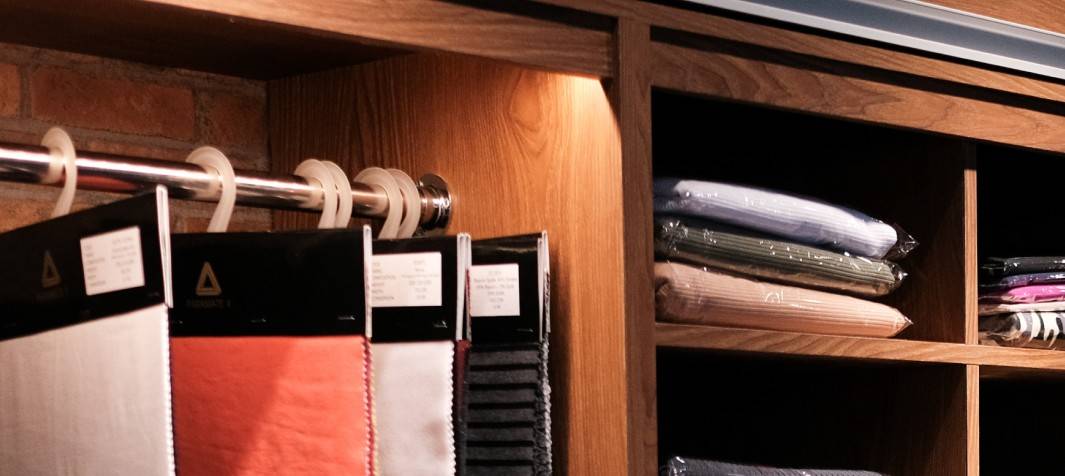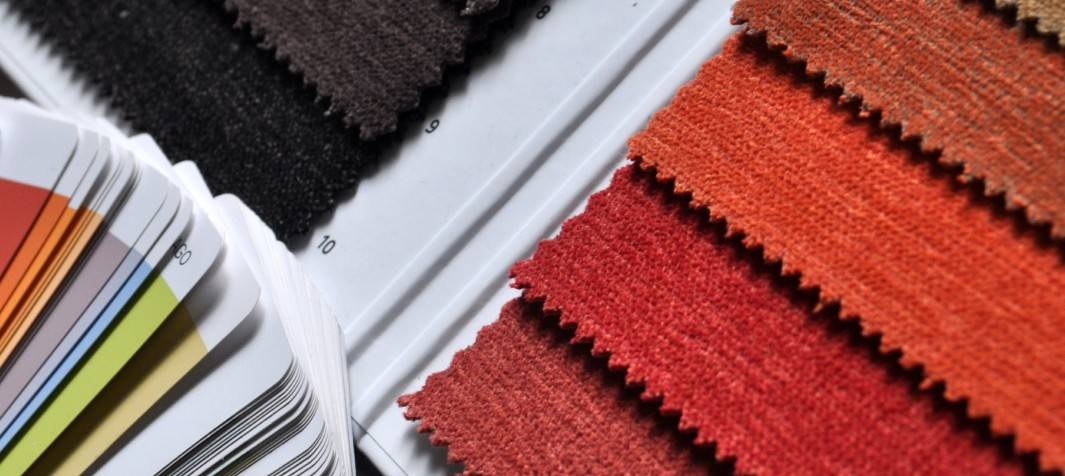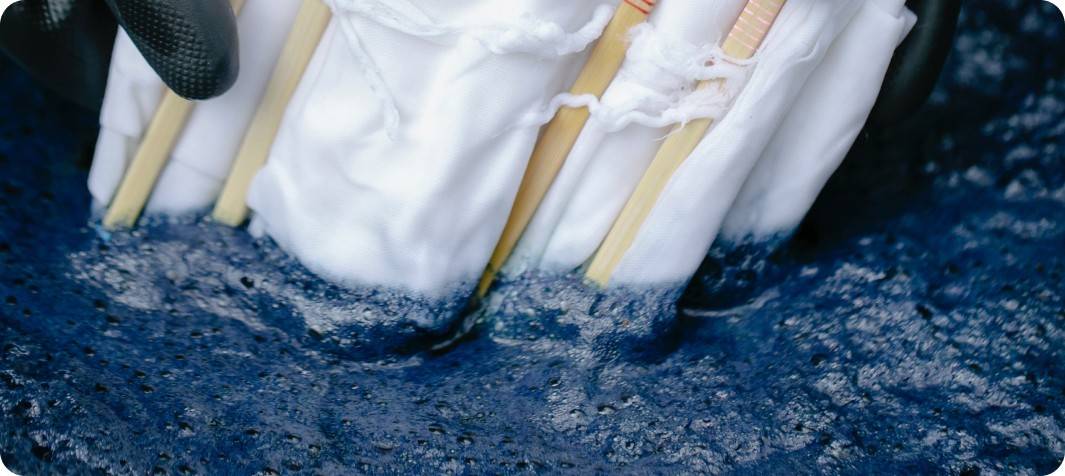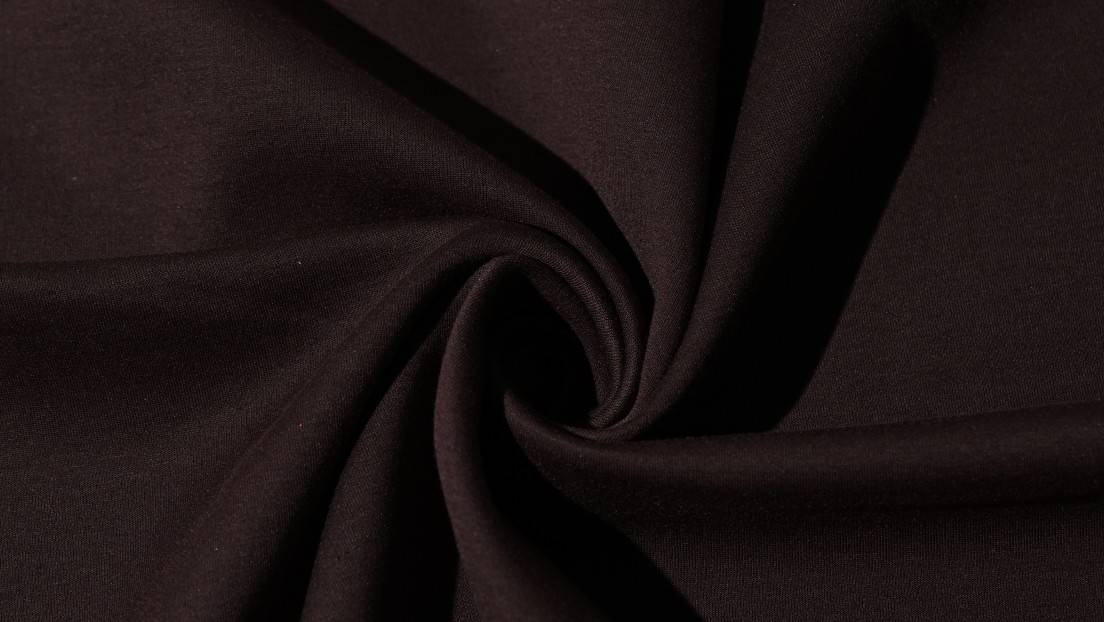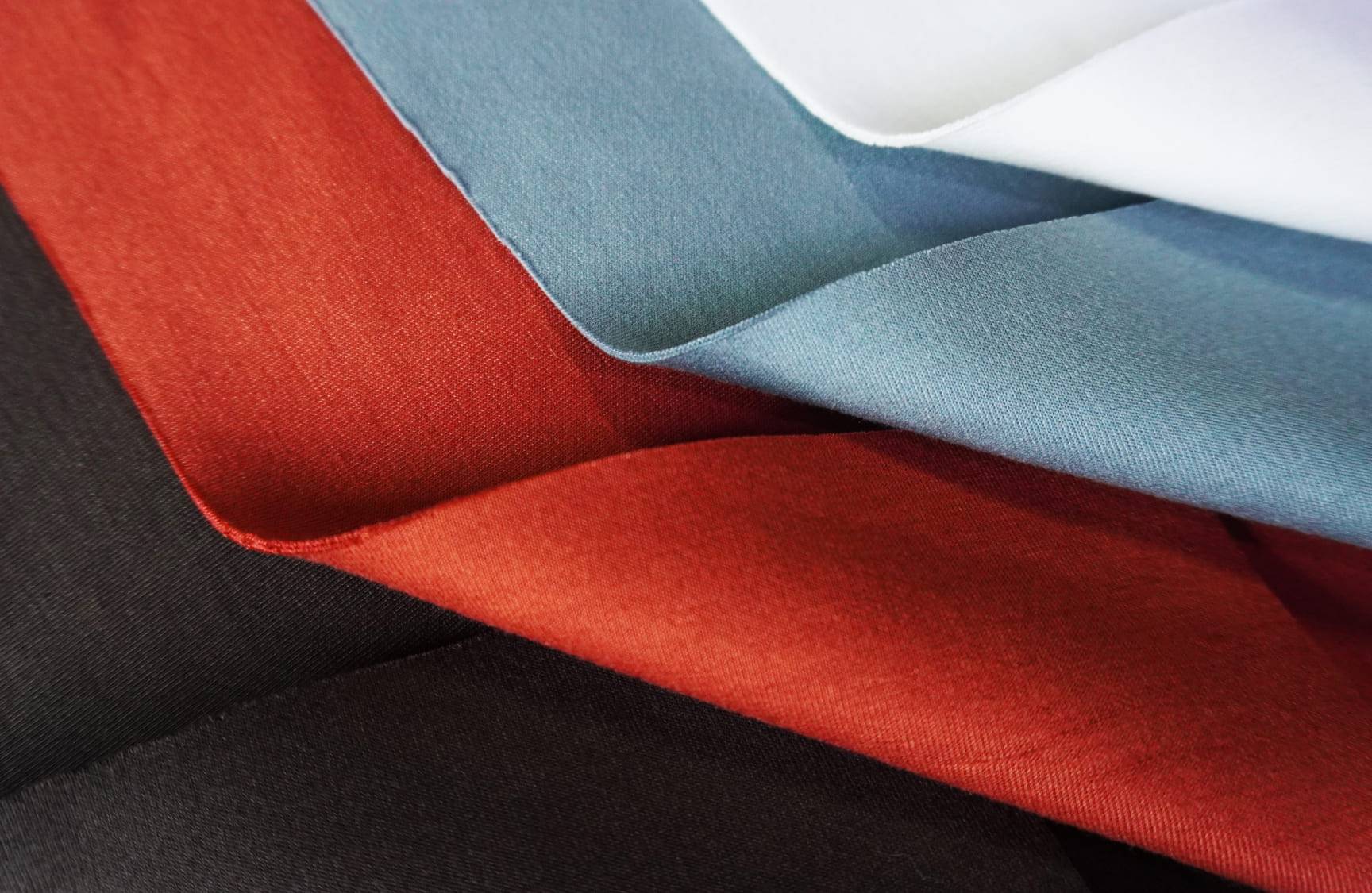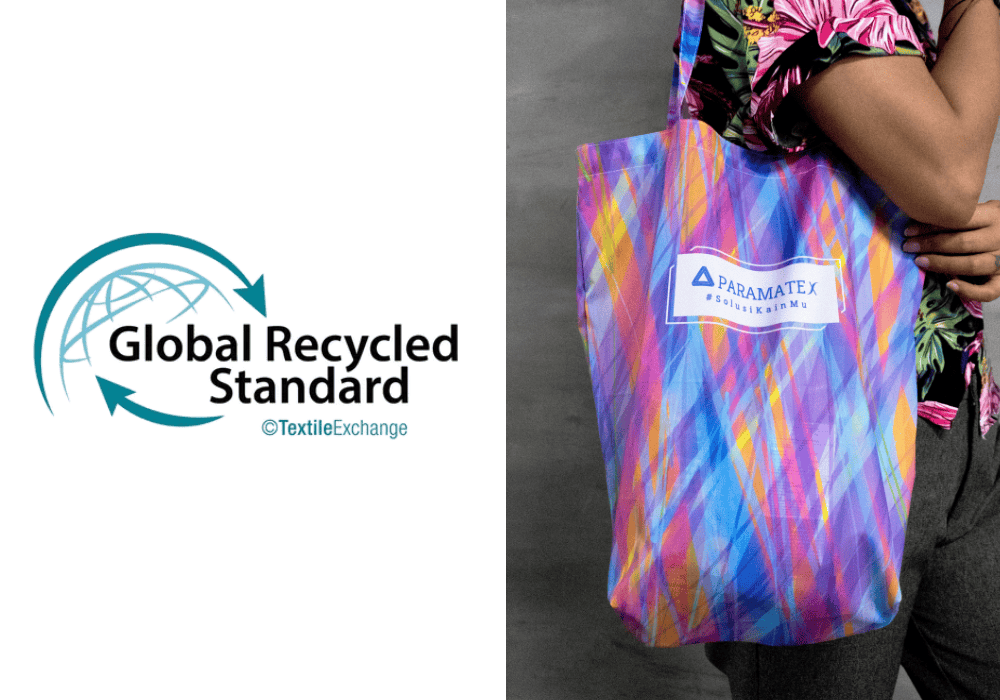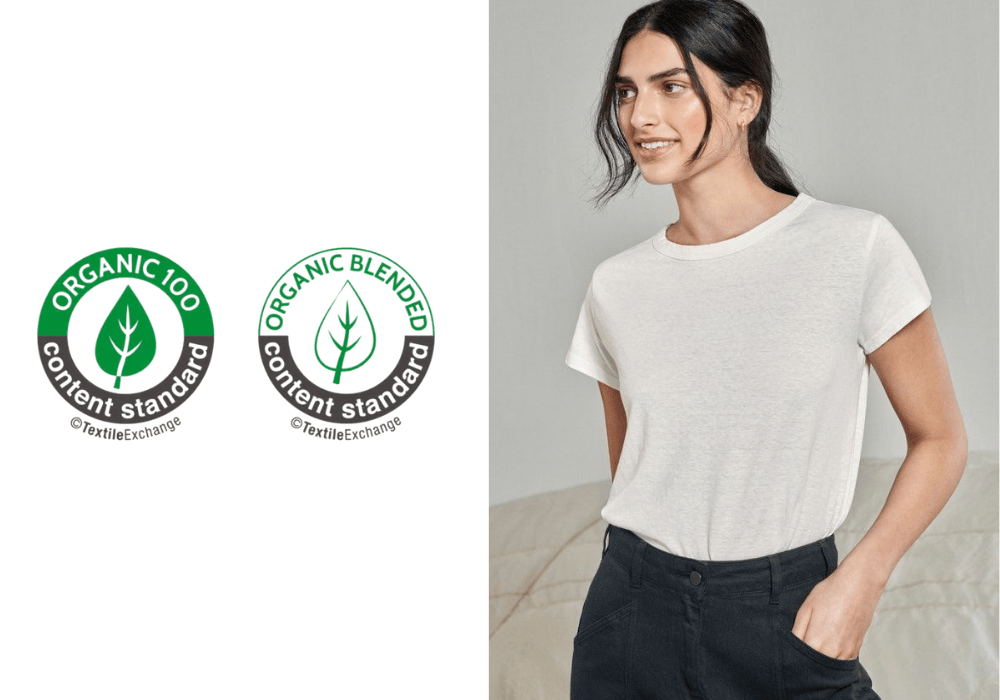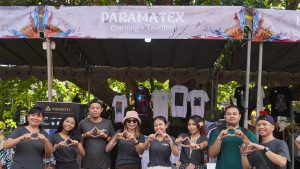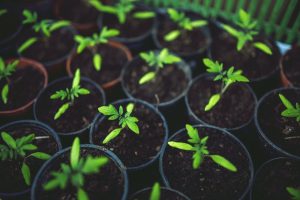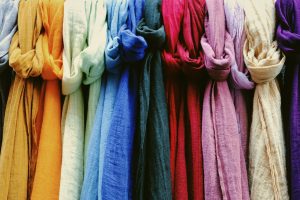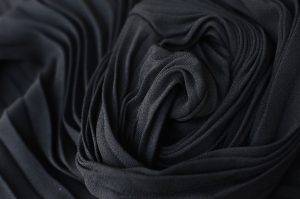The textile industry plays a crucial role in our daily lives, providing a variety of products we use, from clothing to household items. However, like any other industry, the textile sector also faces the challenge of reducing its environmental impact during production. Therefore, it is important for us to choose textile products that are not only of high quality but also meet sustainability standards. Textile certifications and the standards applied in this industry play a key role in ensuring that the products produced not only meet high-quality criteria but are also made in an environmentally friendly and socially responsible way.
Certifications and Standards in the Textile Industry
Textile certifications and standards are designed to ensure that the products produced meet high-quality requirements, are safe to use, and are made in an environmentally friendly manner. These textile certifications also help maintain transparency in the supply chain and ensure that the production process complies with strict social and environmental guidelines. Some certifications commonly used in the textile industry include Oeko-Tex, Lenzing, GRS (Global Recycled Standard), and OCS (Organic Content Standard). These textile certifications play an essential role in ensuring that the textile products that reach consumers are safe, high-quality, and sustainable.
Oeko-Tex: Textile Certification for Safety and Quality
One of the most well-known certifications in the textile industry is Oeko-Tex Standard 100. This textile certification emphasizes the importance of textile products that are free from harmful substances, both for human health and the environment. Products that receive this certification undergo a series of tests to ensure that they do not contain hazardous chemicals, such as formaldehyde or toxic dyes, that could harm consumers.
Oeko-Tex certification guarantees that products bearing this label are safe to use, even for people with sensitive skin. Fabrics with the Oeko-Tex textile certification are not only of high quality but are also free from harmful substances that could pose health or environmental risks. Therefore, for consumers who care about safety and sustainability, Oeko-Tex is the right choice. At Paramatex, nearly all of the fabrics we offer are Oeko-Tex certified, including bestsellers like Cotton Combed, Bamboo Cotton, and Nylon Spandex, both matte and shiny.
Lenzing: Textile Certification for Environmentally Friendly Fibers
Lenzing certification applies to products that use fibers produced by PT. Lenzing Indonesia, a company known for its commitment to sustainability. Products using fibers such as TENCEL® or Lyocell are made with processes that are more environmentally friendly compared to conventional synthetic fibers. Lenzing uses wood from sustainably managed forests to produce their fibers, which reduces the negative environmental impact.
Lenzing’s fiber production processes also focus on water and energy efficiency, as well as minimizing the use of harmful chemicals. By using fibers with Lenzing certification, textile producers ensure they adhere to high standards of sustainability and social responsibility. At Paramatex, we also offer fabrics with Lenzing certification, such as our Tencel series, Modal, and Ecovero fabrics.
GRS: Global Recycled Standard – Textile Certification for Recycled Materials
GRS (Global Recycled Standard) is a certification that ensures textile products are made from at least 50% recycled materials. This textile certification has strict criteria, not only related to recycled materials but also concerning the production process, which must comply with social and environmental standards. GRS aims to increase the use of recycled materials in the textile industry, reduce waste, and minimize the environmental impact of production processes.
Products with GRS certification are produced in compliance with strict guidelines regarding worker rights, safe working conditions, and minimal use of harmful chemicals. This ensures that the products are not only environmentally friendly but also produced with attention to social well-being. Some of Paramatex’s bestselling fabrics with GRS certification include Recycled Raincoat, Recycled Microfibre 4-Way Stretch, and AceTex Recycle.
OCS: Organic Content Standard – Textile Certification for Organic Materials
The Organic Content Standard (OCS) is a certification issued by Textile Exchange for textile products made from organic materials. This textile certification applies to non-food products containing between 95% and 100% organic materials. One of the primary goals of OCS is to promote organic farming and ensure that the materials used in textile production come from sustainable and environmentally friendly sources.
With OCS certification, textile products can trace their origins from organic raw materials to the final product. This provides consumers with confidence that the product truly meets global organic standards. Organic materials, such as organic cotton, are produced without the use of pesticides or harmful chemicals, making them more environmentally friendly compared to conventional products. One of Paramatex’s bestselling fabrics with OCS certification is Organic Cotton Spandex.
Why Are These Textile Certifications and Standards Important?
Textile certifications and standards play a crucial role in ensuring that the products produced are of high quality, safe to use, and produced in a way that is responsible towards the environment and society. Using these certifications gives consumers confidence that the products they choose not only meet their personal needs but also support sustainability and adherence to applicable guidelines.
With more and more consumers becoming aware of the environmental and social impacts of the products they purchase, these certifications help producers demonstrate their commitment to providing high-quality, environmentally friendly products. Additionally, these textile certifications provide transparency in the supply chain, making it easier for consumers to trace the origin of the products they buy.
Conclusion
The textile industry continues to evolve, and it is important for us as consumers to understand the importance of choosing products that are not only high quality but also meet sustainability standards and adhere to applicable guidelines. Textile certifications like Oeko-Tex, Lenzing, GRS, and OCS help ensure that products are safe, environmentally friendly, and produced with attention to worker well-being. By choosing certified products, we play a role in supporting sustainability and driving the textile industry toward a more environmentally and socially responsible future.
Paramatex proudly holds these certifications, ensuring that our fabrics meet high-quality standards, are environmentally friendly, and produced with social responsibility. As a customer, you can trust the quality of Paramatex fabrics, as we are committed to providing the best products that align with global sustainability guidelines.

